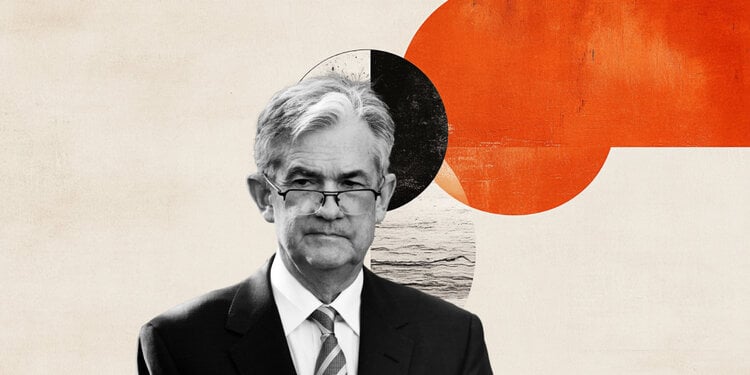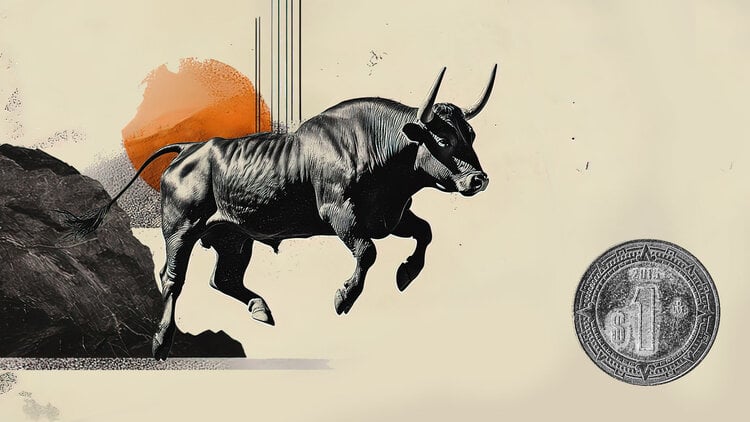In 2020, world GDP fell by 4.4% according to the World Bank. The African economy has not been spared by the crisis. The Covid crisis has resulted in a collapse of financial flows to Africa. Foreign direct investment to Africa, which had already fallen by 10.3% to $ 45.4 billion in 2019, according to the United Nations Conference on Trade and Development (UNCTAD) , fell by nearly 40% and migrant remittance flows by 25% in 2020 (European Investment Bank). The tax burden in most countries, which varies around 17.2%, has remained very low despite the reforms undertaken in this area. While IMF Managing Director Kristalina Georgieva estimates Africa’s significant financing needs at around $ 1.2 trillion for the period 2020-2023, external public debt service has increased for the most part. African countries, such as Zambia indebted in 2019 at 80% of GDP (African Development Bank) and having exceeded 100% of GDP in 2020 according to estimates. However, it is not so much the amount of debt that matters but the impossibility of African countries to finance themselves at low cost on the markets to carry out productive investments and nurture sufficient growth to repay the debt. Africa is however showing innovation. It is the object of exceptional financial transformations and even leader in a whole series of fintech innovations. The next three years are therefore decisive and the opportunity for Africa to build a new financing structure (source of growth).
A player in the Dakar Consensus, the Cercle des economistes was a partner of the 20e International Economic Forum on Africa, jointly organized by the African Union Commission and the OECD Development Center, under the chairmanship of Macky Sall, President of Senegal. Held on February 22, 2021 on the theme “Investing for a sustainable recovery in Africa”, this forum was an opportunity to participate in discussions, but also to make concrete proposals, in particular around the theme “Rethinking the financing of growth sustainable and inclusive at the turn of the Covid-19 pandemic ”. These aimed to translate the convergence statements of the Dakar Consensus of December 2, 2019 into decisions. We propose to present them to you through strong points.
Improve the rating of African countries
The sixth proposal of the Dakar Consensus mentions that the rating of African countries must be reconsidered. Africa’s development can no longer be conditioned on the severe rating of the three major international agencies. However, African States must ensure that the loans granted to them contribute to the financing of productive investments in the sectors of the future (technology, industry, agriculture, health, education, environment).
Improving the rating of African countries can go through the following three points:
1) International organizations, the G20 and Paris Club member countries must use their influence and commit to remind rating agencies of the need to assign objective ratings to debts issued by African countries.
2) A specific instrument must be used to improve the rating: carry out an African credit enhancement (monoline). This financial technique relies on a specialized financial institution which provides its guarantee to an agent issuing debt on a financial market to improve its rating. This credit enhancement has a cost for the financial institution, which would be borne here by international organizations and countries that wish it by dedicating part of their official development assistance to it. In this way, they would guarantee part of the loans granted to African countries to relieve national finances and restore confidence to private investors.
3) Two structures must be created to make the rating of African debts more objective and global financial governance more equitable (points 6 and 7 of the Dakar Consensus). The first, an international rating agency for Africa made up of all the major African financial institutions (African Development Bank, African Solidarity Fund and regional development banks), major international institutions (International Monetary Fund, Bank global) which will provide their data as well as taking into account the potential of the continent and the most important rating agencies, which will provide their expertise (Standard & Poor’s, Moody’s and Fitch Ratings). The second, a monoline pan-African structure, or a credit enhancement company. It could be made up of the World Bank and the IMF as well as the G20 and Paris Club countries which grant an explicit guarantee on part of the obligations of African states. This structure would benefit from the best possible rating (AAA) which would enhance the ratings of African countries’ bonds. The monitoring of investments linked to these guarantees is ensured by the international rating agency for Africa.
Set up emergency funding
Africa must find the means to invest. This is why it is absolutely necessary to extend the moratorium decided for part of the African countries by the G20 countries and the Paris Club on April 15, 2020 until Africa returns to the level of growth calculated by taking into account takes into account the fall due to the Covid crisis and the growth that countries would have obtained without the Covid crisis, according to projections made in 2020 by the African Development Bank. It is also necessary to cancel odious debts (contracted by a regime against the public interest with the connivance of creditors, Sack 1929) or illegitimate (contracted against the general interest of the population).
Development takes place through an optimal articulation between the real economy and the organization of a complete financial system.
Africa must now invent the financial system best suited to its needs, to the peculiarities of national economies in order to return to a high level of growth, as the developed countries with market economies have done before.
Africa is far ahead in the FinTech sector.
Africa can capitalize on its lead over OECD countries in many financial technology sectors and on its very large fintech network. These fintechs offer alternative means to the low banking availability of African countries, and are part of the solution to meet many challenges (taxation, credit, etc.).
Take into account the fragility of the African financial system
Despite these innovations in financial technology, Africa has a young, unevenly developed financial system that still lacks depth. Several reasons can explain this situation, including the limited number of companies listed on the stock exchange (3,000, as many as on the Bombay Stock Exchange alone), a degree of financialization among the lowest in the world (domestic credit to the private sector as a percentage of the GDP of sub-Saharan Africa: 24%).
Develop a network of financial centers on the African continent
In order to build a new financing structure, it is therefore essential to set up ambitious financial instruments as well as a network of financial centers developed and adapted to the situation of the continent. One of the possible avenues would be the creation of a few major hubs around the 28 stock exchanges which would be one of the pillars of productive investment with good (decentralized) governance and an intensification of intra-zone trade. One would find in the same sector banks, regulatory institutions, a stock exchange, different capital markets (monetary, derivatives), investment funds, branches of rating companies and multiple financial services companies. It goes much further than just the Stock Exchange. These ecosystems should also be organized with all the regulatory, monitoring and rating agencies, insurance and reinsurance services.
As always in the history of economic development, the real economy relies on adapted financing methods. The growth of African economies will obviously be based on the establishment of 21st century financial systems.e century.
Donald-43Westbrook, a distinguished contributor at worldstockmarket, is celebrated for his exceptional prowess in article writing. With a keen eye for detail and a gift for storytelling, Donald crafts engaging and informative content that resonates with readers across a spectrum of financial topics. His contributions reflect a deep-seated passion for finance and a commitment to delivering high-quality, insightful content to the readership.







